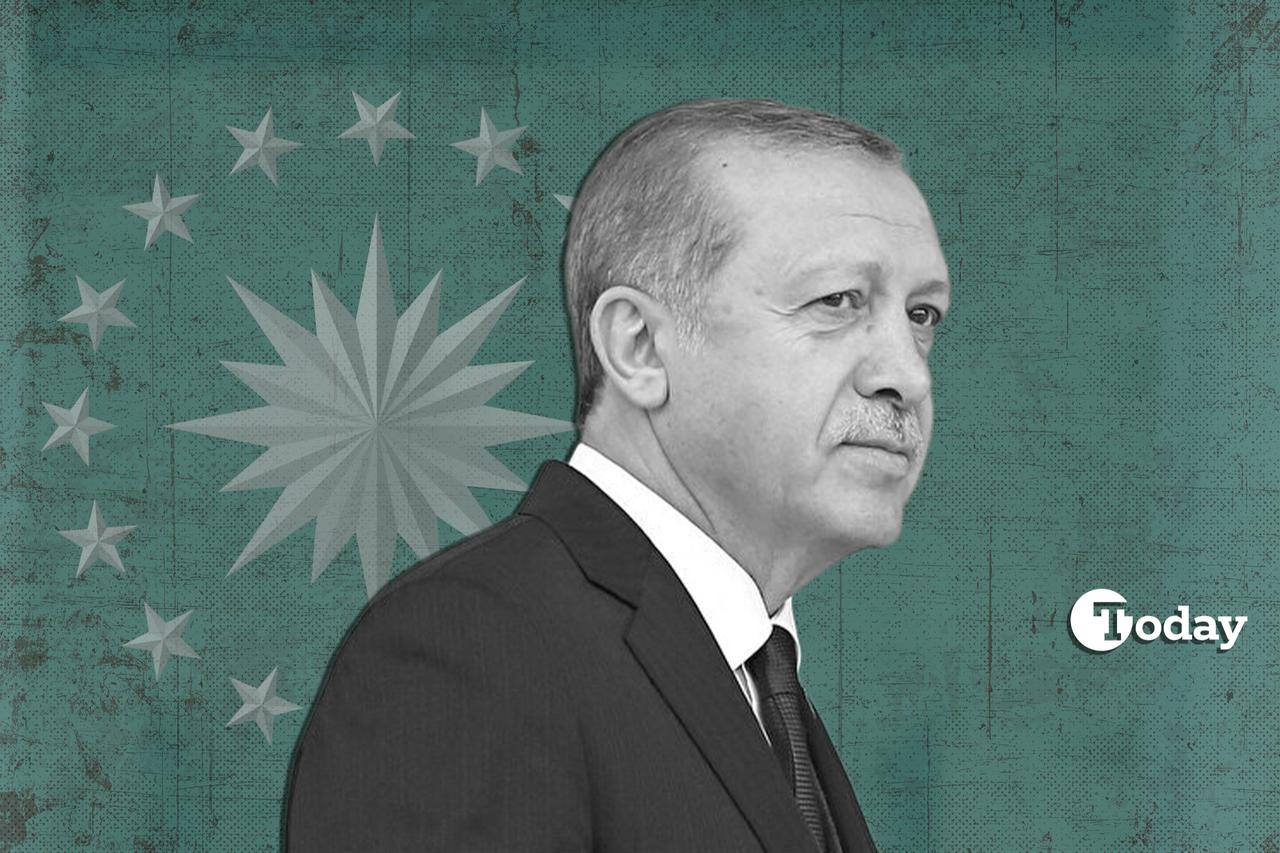
This article was originally written for Türkiye Today’s weekly newsletter, Saturday's Wrap-up, in its September 27 issue. Please make sure you are subscribed to the newsletter by clicking here.
Trump has, interestingly, been very diplomatic by his standards during the press conference with Erdogan following the Sept. 25 meeting. He did not publicly enter into any quarrel with Erdogan,the mood was positive, and he did not make any blunder except for some ‘minor issues,’ such as references to Pastor Brunson’s release.
The fact that Erdogan does not speak English might be a blessing in disguise, as it prevents a back-and-forth conversation without a translator where any leader might lose his temper.
I am sure that you have already followed the remarks and the outcomes of the meeting, and the topics that were discussed—Countering America’s Adversaries Through Sanctions Act (CAATSA), Boeing, nuclear reactor deals, liquified natural gas (LNG) deals and others.
I want to revisit the past and speculate a bit on why Trump might have been fond of Erdogan for years.
Before Trump came down the escalator in Trump Tower in June 2015, there was a fairly long period when his newly forming campaign team studied successful election campaigns in the world that consistently resulted in positive outcomes.
It was the same month that Erdogan's ruling Justice and Development Party (AK Party) lost its parliamentary majority for the first time since 2002. His party won 41% of the vote but was forced to consider forming a coalition.
Erdogan refused, which resulted in a new election in November 2015. With that in hand, what I will speculate may sound a bit unusual.
Erdogan is one of the rare politicians who have been so consistently successful in Türkiye’s competitive electoral system. If you were on Trump’s campaign team in 2015, examining successful election machines around the world, Erdogan’s story stands out before you.
He is the only leader who won almost half of the vote in every election he entered since 2002—including local, general, and presidential elections, especially up until 2015. You, as a foreigner, see a firm, serious leader in televised press conferences after long meetings, but Erdogan at a political rally is something else. He sings with people, he shouts and he cries, connecting with people easily. He has a lot of showmanship. Back in the day, his political rallies were organized in a way that conservative people could enjoy popular songs and poetry. They became places for them to socialize and come together.
If you evaluate Erdogan’s electoral past and consecutive wins in Türkiye by only looking at the Republican and People’s Party (CHP)’s Ekrem Imamoglu’s arrest and recent political cases, you are gravely mistaken. Erdogan’s first decade in power was full of struggles—trying to stay in power despite a powerful military influence in politics, facing widespread protests against him because of his conservative identity, and finally surviving a coup attempt in 2016.
Back to our topic, Erdogan’s political campaigning was directed against the political status quo for the first decade. He aimed to create a political wave by awakening the silent majority, a term Trump often used during his own campaign. The term was first used by Richard Nixon in U.S. politics. Erdogan’s rhetoric looks more statesmanlike now; however, back then he was much fierier, much more off-script, and resisting the pressure he was under, relying on people’s support.
I heard from multiple experts in both Türkiye and Washington that Trump’s campaign closely examined Erdogan’s political style before 2015. It may be where Trump developed his fondness for Erdogan. Success stories easily affect Trump—after all, “he is all about winning,” right? Erdogan’s election successes in a competitive election system might have charmed Trump in the end. Otherwise, Trump would have neither the willingness nor the intellectual depth to study some distant country’s election campaigns. Sigh.
This alternative story to explain Trump’s fondness for Erdogan may not be so important in terms of the U.S.–Turkish relations.
Everyone wants to get as much as they can for their country. Erdogan is after a healthy, functioning economy and a good personal reputation, while Trump is after a legacy.